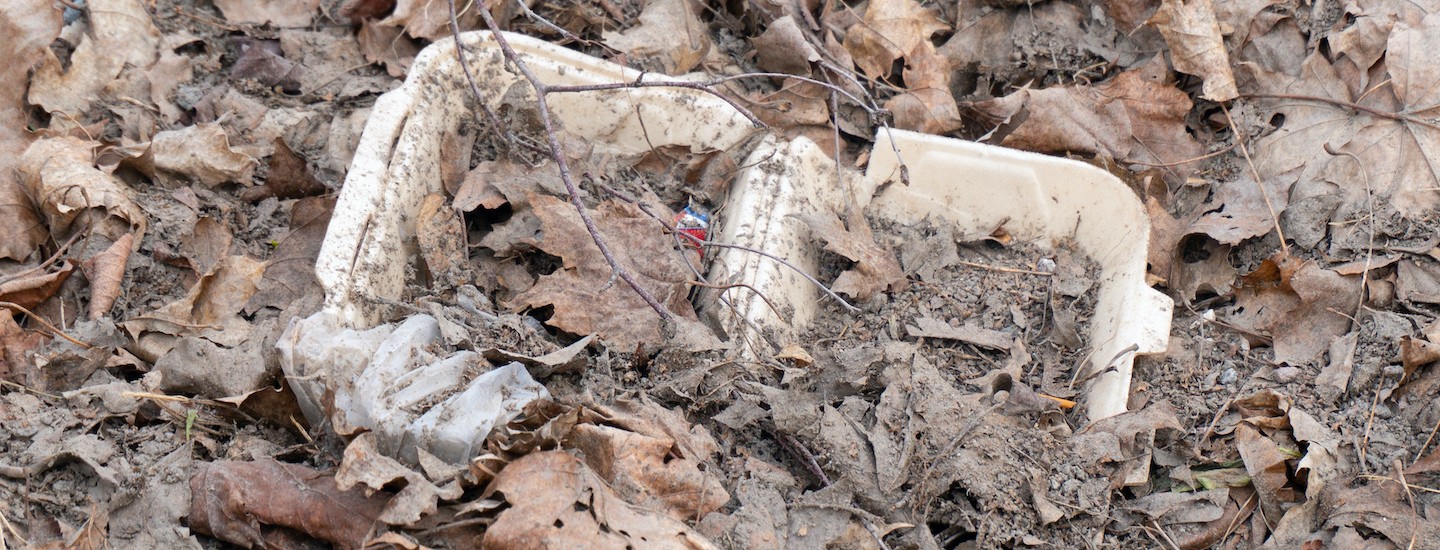
From opting for electric vehicles to installing rooftop solar panels, Americans are choosing more sustainable products for their everyday lives. This includes looking for alternatives to single-use plastics, 85 percent of which end up in landfills or as litter.
For example, through dedicated grassroots activism by Surfrider chapters and partners, in 2022, the Honolulu City Council’s Disposable Food Ware Ordinance (DFWO) took full effect, representing one of the strongest single-use plastic bans in the nation, restricting businesses from providing disposable plastic food ware to customers across the island of Oahu, home to nearly 70 percent of Hawaii’s population.
Local policies and individual commitments to sustainable practices are important. But if we’re going to slow climate change and eliminate the harms caused by plastic, we need to see the same commitment to reducing single-use plastics from the federal government. And, false solutions like bio-based plastics can’t be used as substitutes for conventional plastics – as they currently are under Oahu’s DFWO.
That’s why the White House report, “Bold Goals for U.S. Biotechnology and Biomanufacturing,” introduced earlier this year dismays many environmental advocates. It outlines a plan to replace more than 90 percent of today’s plastics with biomaterials in the next 20 years. This may sound better than plastic, but the word “bio” doesn’t always mean better. Plant-based plastics are unlikely to be truly biodegradable or compostable.
Instead, these plastics – often laden with toxic chemicals to increase durability – can cause environmental harm, emitting greenhouse gasses as they break down and devolve into microplastics. Recent studies have shown that microplastics are consumed by wildlife and are even prevalent in human hearts, lungs, blood and reproductive organs.
The misperception that bio-based plastics are environmentally sound carries over into disposal options. Many of us are familiar with “compostable” cups at our favorite coffeehouses, but in reality, few cities have industrial composting facilities required to validate that label. Instead, these products are often tossed into conventional trash bins. Different collection methods are required for the commonly used polylactide acid (PLA), which can contaminate recycling streams and cause bales of recyclable materials to be rejected and redirected to landfills. Unfortunately, business owners and customers are led to believe they’ve made a sustainable choice when the opposite is true. In some cases, bio-based plastics lead to an increase in littering, because people think the materials will harmlessly break down in the environment. (They won’t.)
Instead of pushing false solutions, the federal government could incentivize the practice of reuse and prioritize materials that retain structural integrity such as aluminum and glass, in addition to purchasing truly sustainable items made from recycled paper, bamboo, wood, hay and seaweed.
Since 2013, Surfrider’s Ocean Friendly Restaurants (OFR) program has recognized restaurants that are cutting out wasteful single-use plastic – fossil fuel and bio-based – and offering a simple, straightforward framework to help them make sustainable choices for our ocean. With nearly 500 U.S. restaurants participating, more than 70,000 meals are made plastic-free each day across the nation. We believe our federal leaders are capable of the same commitment.
And that belief is not without cause. Several federal agencies are currently tackling the plastic pollution crisis. The Environmental Protection Agency released its Draft National Strategy to Prevent Plastic Pollution. The Department of the Interior has committed to a single-use plastic phase-out. The General Services Administration is seeking to overhaul its procurement practices with potential for massively reducing single-use plastic items in circulation. This month, United Nations members will begin the next round of negotiating an ambitious Global Plastics Treaty. Unfortunately, these agencies have room for bioplastics as “solutions,” which we know aren’t any different than traditional plastics.
Collectively, we’re poised to usher in real solutions to the intertwined challenges of climate change and plastic pollution. The Biden Administration should avoid compounding the single-use plastic mistake with false solutions and instead help create the future the people of this nation have already shown we’re willing to embrace.
